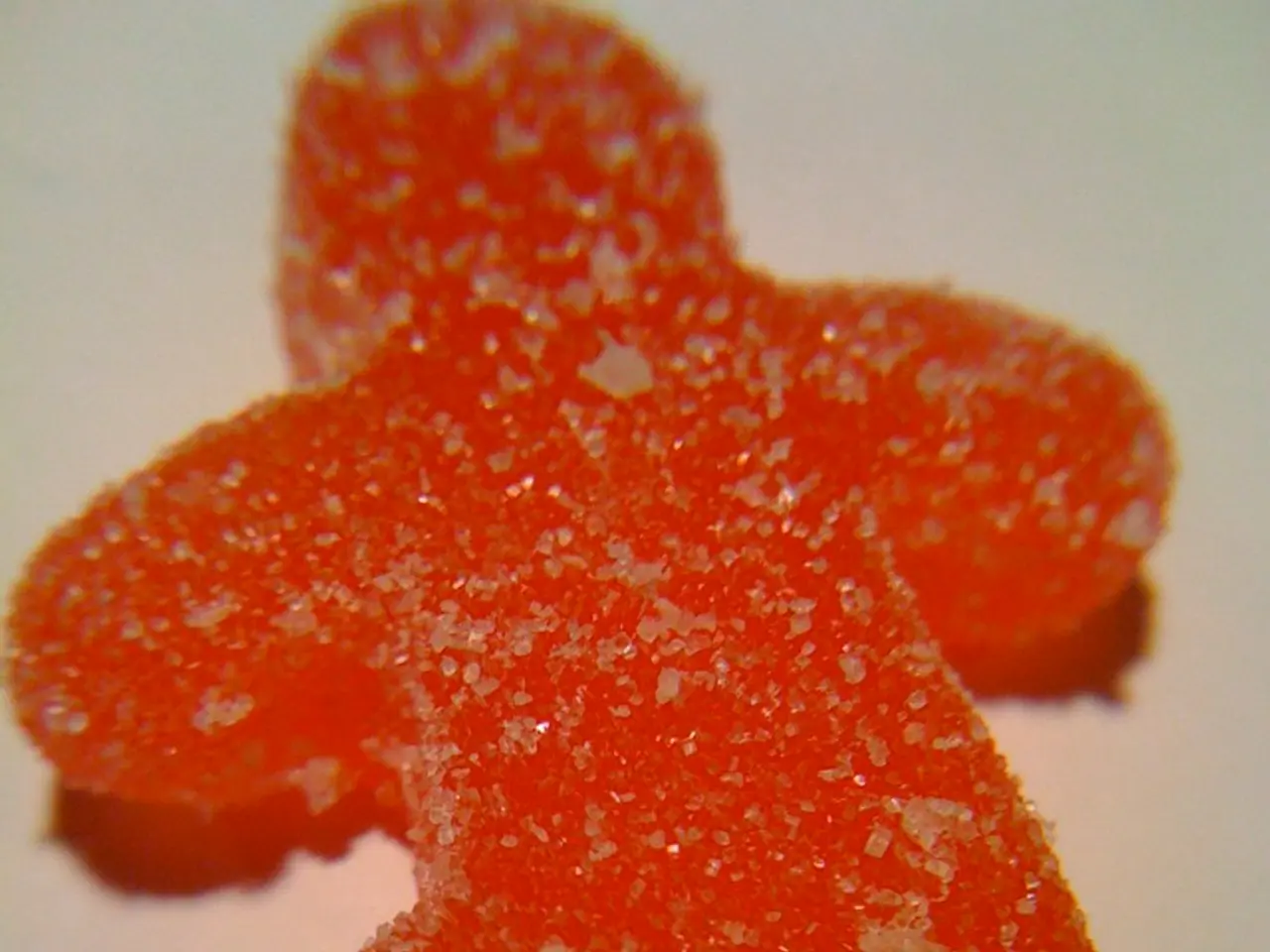Sugar Link to Depression: Cut Back for Better Mental Health
New research reveals a significant link between high sugar consumption and an increased risk of depression. While processed sugar substitutes like stevia or honey offer sweetness without negative effects, they should be used in moderation. Understanding food labels and opting for fresh, less processed foods can help reduce sugar intake and promote mental health.
A recent study, drawing from various worldwide sources such as the French NutriNet-Santé cohort and US studies, found a strong association between excessive sugar consumption and depression. Those who consumed large amounts of sugar were 31% more likely to develop depression compared to those with moderate intake.
Excessive sugar consumption can also lead to other mental health issues like anxiety, irritability, difficulty concentrating, and chronic fatigue. This is partly due to sugar's impact on serotonin production, a neurotransmitter crucial for mood regulation. Sugar can trigger a cycle of dependency, leading to constant seeking of sugary foods for pleasure and reward, causing emotional ups and downs.
The research underscores the importance of reading food labels and making informed decisions about sugar intake. Opting for fresh, less processed foods can help reduce sugar consumption and provide essential nutrients, thereby supporting mental health. While processed sugar substitutes can be used, they should be consumed in moderation.




